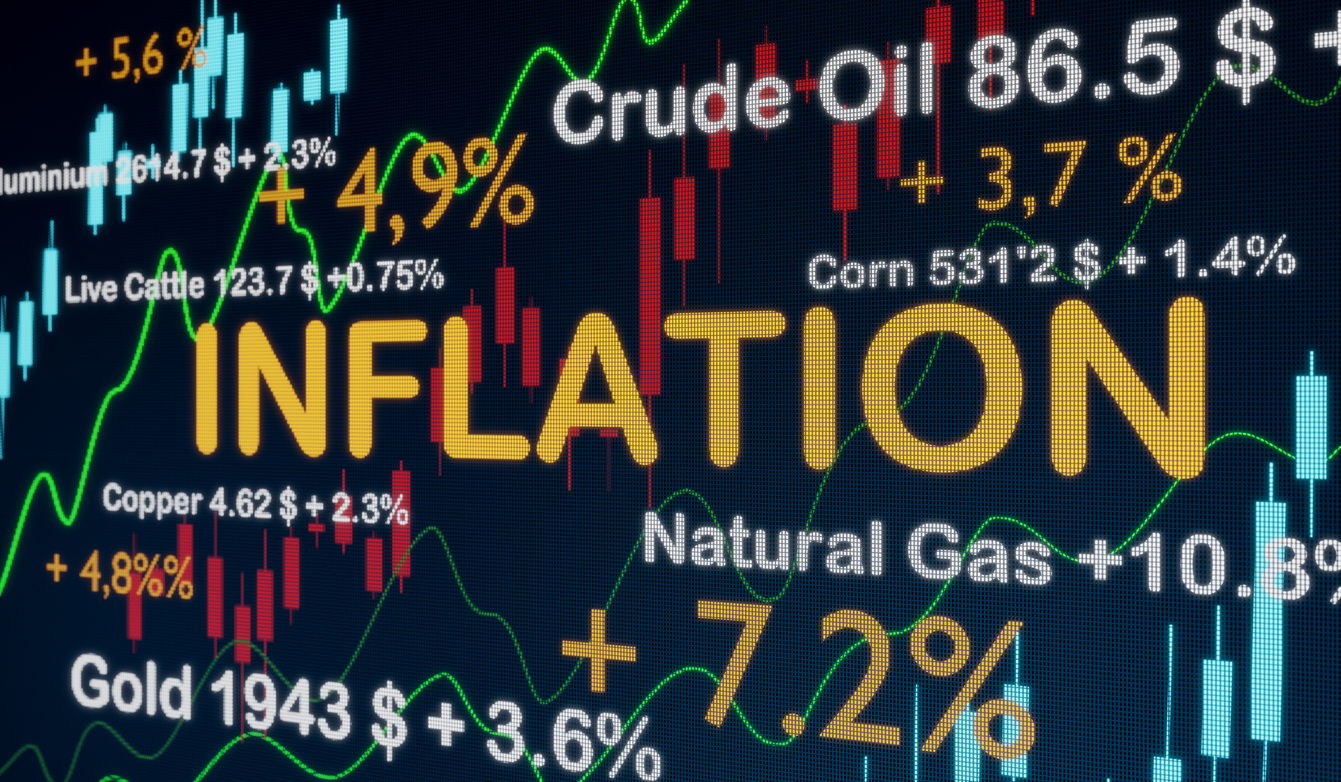- November 8, 2023
- 3 minutes read
IMF Cautions Europe: Don’t Celebrate Inflation Victory Too Soon

The European Central Bank and policymakers in Europe have received a cautionary message from the International Monetary Fund (IMF) regarding the premature declaration of victory over inflation. The IMF has recommended that they maintain current elevated interest rates until they are certain that inflation is under control, even if economic growth remains sluggish. This warning comes as inflation is gradually decreasing from its recent peak.
The IMF, based in Washington, has emphasized that underestimating the persistence of inflation could have significant consequences and might necessitate another round of rate hikes, potentially hampering economic growth. The IMF’s twice-yearly regional economic outlook for Europe suggests that central banks in Europe, including the European Central Bank and those outside the eurozone, are approaching the peak of their interest rate cycles, with some already lowering policy rates. Nevertheless, the IMF argues that a sustained restrictive stance is still necessary to ensure that inflation returns to the target levels.
Historically, it has taken an average of three years to bring down inflation levels, and some anti-inflation efforts have taken even longer. Failure to complete this process and a subsequent return to rate hikes could cost as much as a full percentage point of annual economic output, according to the IMF.
Alfred Kammer, the director of the IMF’s Europe department, cautioned against premature celebration. He emphasized that it is less costly to err on the side of caution with interest rate policy and that the European Central Bank, which recently halted its rate increases, is in a favorable position.
Inflation in the eurozone peaked at 10.6% in October 2022 and has since steadily decreased to 2.9% in October. The European Central Bank raised its benchmark deposit rate by a significant 4.5 percentage points between July 2022 and September 2023, a tool often used by central banks to control inflation. This approach increases borrowing costs, reducing demand for goods and easing price pressures, but it can also affect economic growth.
The IMF predicts that Europe is on track for a “soft landing” after the impact of rate hikes and does not foresee a recession. However, growth forecasts remain uncertain and could vary depending on factors like the speed of inflation’s decline or geopolitical events, such as an escalation in the conflict between Russia and Ukraine.
For now, the recent conflict between Israel and Hamas in Gaza has led to a temporary rise in oil prices but has not significantly disrupted the European economy, according to Kammer. The IMF forecasts a growth rate of 0.7% for the eurozone this year and 1.2% for the following year. If inflation falls faster than anticipated, it could boost consumer real income and spending, potentially leading to improved growth. Nevertheless, an escalation of the Russia-Ukraine conflict or increased sanctions and trade disruptions could have adverse effects on growth.
